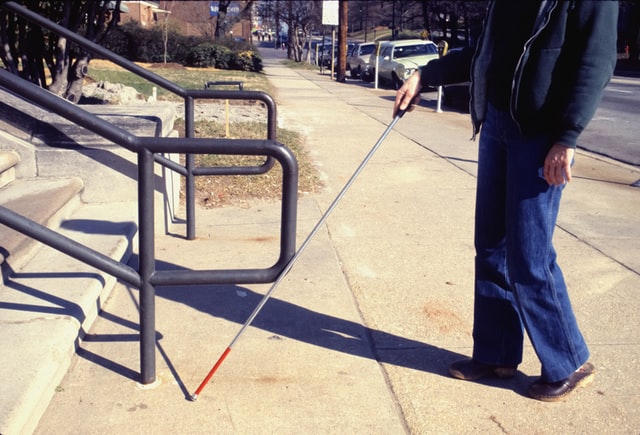
What do blind people experience in their dreams? — James
Humans are extremely visual. Nearly half of our brain is devoted to processing visual information. Most of the brain networks responsible for providing vision are established early in life.
This means that from about the time of birth we begin our lifelong collection of experiences and memories that strongly rely on vision.
Throughout life, we associate most of our interactions with visual images rather than with experiences from our other senses such as hearing or smell.
For those of us with normal vision, dreams are full of the visual images we experience during our waking life. To understand what blind people experience in their dreams, we must distinguish the experiences of those who were blind at birth from those that became blind later in life.
Just as vivid and imaginative
Humans born without sight are not able to collect visual experiences, so they understand the world entirely through their other senses. As a result, people with blindness at birth develop an amazing ability to understand the world through the collection of experiences and memories that come from these non-visual senses.
The dreams of a person who has been without sight since birth can be just as vivid and imaginative as those of someone with normal vision. They are unique, however, because their dreams are constructed from the non-visual experiences and memories they have collected.
While a person with normal vision will dream about a familiar friend using visual memories of shape, lighting and colour, a blind person will associate the same friend with a unique combination of experiences from their non-visual senses that act to represent that friend.
In other words, people blind at birth have similar overall dreaming experiences but they do not dream in pictures.
The dream experience of a person who lost vision later in life is very different than someone who never had vision. People that lose vision later in life had the ability to collect many visual experiences that can appear in their dreams and in a manner very similar to a sighted person.
Interestingly — and perhaps expected — the dreams of people who develop blindness later in life become less visual as their time without vision increases and as they collect more experiences without vision.
By: Kevin Duffy Professor, Department of Psychology and Neuroscience, Dalhousie University
Disclosure statement
Kevin Duffy receives funding from the Natural Sciences and Engineering Research Council of Canada, and from the Canadian Institutes of Health Research.










